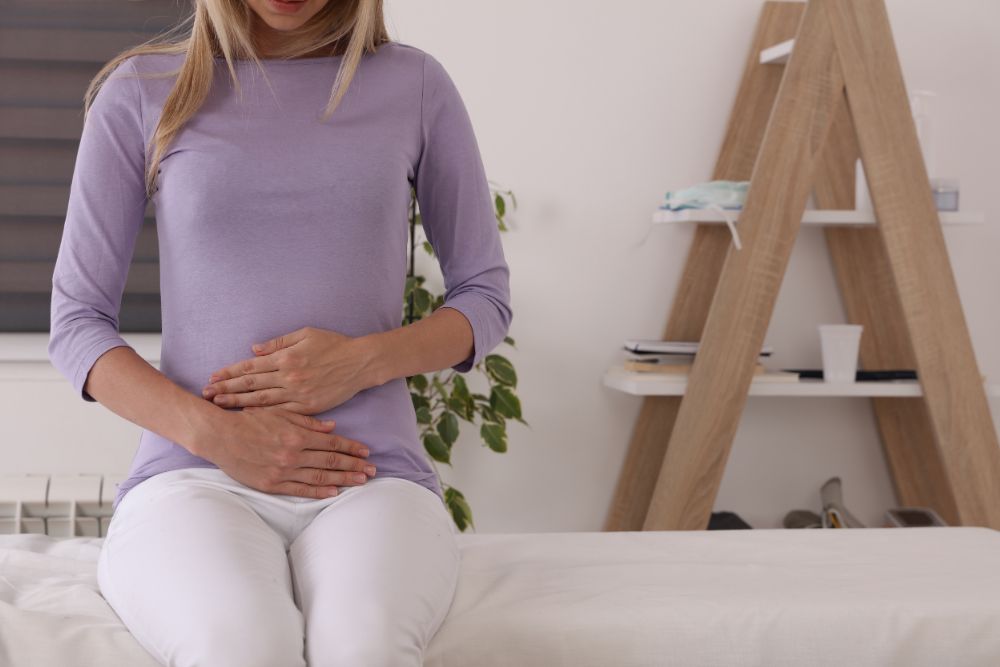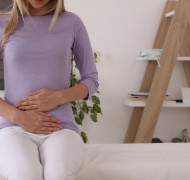Understanding Endometriosis & Fertility: A Guide for Women Trying to Conceive
Posted on March 25th, 2024

Endometriosis is a complex hormonal disorder characterized by the growth of uterine tissue outside the uterus. This condition can affect menstruation and fertility, making it challenging for women trying to conceive. However, with a proper treatment plan, whether surgical or non-invasive, and the possibility of assisted reproductive technology, you can increase your chances of conception and pave the way for a healthy pregnancy.
Understanding the Symptoms and Defining Characteristics
The endometrial lining, or endometrium, is the tissue that lines the inside of the uterus, playing a crucial role in each menstrual cycle. It thickens in preparation for a possible pregnancy, creating a nourishing environment for a fertilized egg to implant. If pregnancy does not occur, the endometrial lining is shed during menstruation, exiting the body through the cervix and vagina.
Endometriosis disrupts this normal menstrual cycle by causing unusual endometrial tissue growth outside the uterus, typically on or around reproductive organs in the pelvis or abdomen. This condition is hormonally sensitive, often leading to mild or intense pain in the abdomen, pelvic region, and lower back. Other common symptoms include menstrual cramps, heavier periods with light bleeding, and diarrhea. In some cases, the condition can also lead to the development of scar tissue and adhesions, which can cause organs to stick together, exacerbating pain even further.
It's important to note that some women may experience many symptoms, while others may have very few or none at all, only discovering their condition during a routine examination. The severity of symptoms can vary, with some patients experiencing extreme pain despite minimal tissue growth, or vice versa. Symptoms of endometriosis can also be generic and easily confused with menstrual issues, leading to underdiagnoses or misdiagnoses.
The Impact of Endometriosis on Fertility
Endometriosis can significantly impact fertility, with up to half of women experiencing difficulties conceiving. For example, the presence of scar tissue and adhesions can impact the function of reproductive organs, such as the fallopian tubes and ovaries. Additionally, the inflammatory environment created by endometriosis can interfere with ovulation and the implantation of a fertilized egg.
Fertility Treatments for Endometriosis
Despite these challenges, many women with endometriosis can conceive with the help of fertility treatments and assisted reproductive technologies. These treatments include:
- Hormone Therapy: This treatment aims to reduce or eliminate endometriosis-related pain and slow the growth of endometrial tissue. Hormonal contraceptives, progestins, and gonadotropin-releasing hormone agonists are common options.
- Surgery: Laparoscopic surgery can remove endometrial implants and scar tissue, potentially improving fertility. However, surgery is typically recommended for women with severe symptoms or those who have not responded to other treatments.
- In Vitro Fertilization (IVF): IVF is often recommended for women with endometriosis-related infertility. It involves stimulating the ovaries to produce multiple eggs, which are then fertilized in a lab and transferred to the uterus.
- Intrauterine Insemination (IUI): IUI involves placing sperm directly into the uterus around the time of ovulation. It can be combined with ovulation-stimulating medications to improve the chances of pregnancy.
- Egg Freezing: Some women with endometriosis choose to freeze their eggs as a proactive measure to preserve fertility.
Explore Fertility Care for Endometriosis in Houston
Endometriosis can pose significant challenges for women trying to conceive, but several fertility treatments can help improve their chances of pregnancy. For advanced fertility care for endometriosis-related infertility in Houston, TX, contact Aspire HFI today.





















